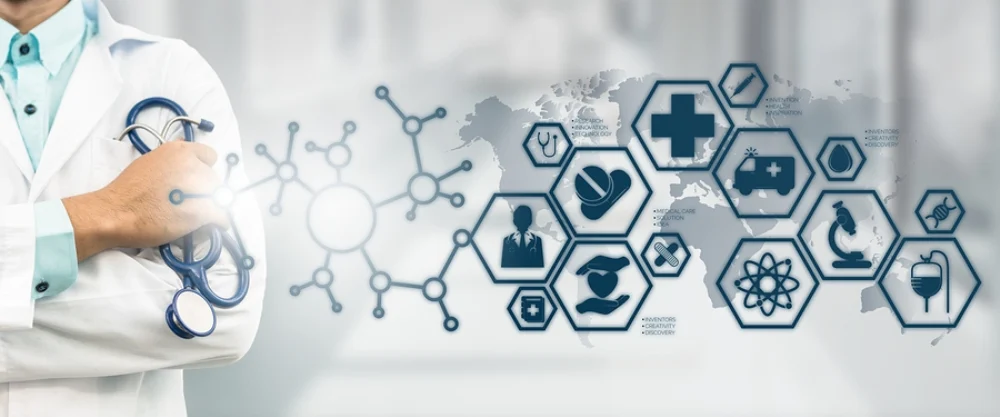
The Growing Need for Advanced Healthcare Management Systems
Hospitals and clinics face unprecedented challenges in delivering high-quality patient care while maintaining operational efficiency. Essential healthcare solutions have emerged as critical tools to address these challenges, offering a wide range of benefits that streamline processes, improve patient outcomes, and optimize resource allocation. These comprehensive systems integrate various aspects of healthcare management, from electronic health records (EHRs) to telemedicine platforms, providing a holistic approach to modern healthcare delivery. As medical institutions strive to keep pace with technological advancements and changing patient expectations, the implementation of essential healthcare solutions has become a key factor in their success and sustainability.
Streamlining Patient Care Through Integrated Electronic Health Records
One of the most significant advantages of healthcare solutions is the implementation of integrated electronic health records (EHRs). These digital systems replace traditional paper-based records, offering healthcare providers instant access to comprehensive patient information. EHRs facilitate better coordination among different departments and healthcare professionals, ensuring that all relevant patient data is readily available when needed. This seamless flow of information reduces the risk of medical errors, improves diagnosis accuracy, and enhances the overall quality of patient care. Moreover, EHRs enable healthcare providers to track patient progress over time, identify potential health risks, and develop more personalized treatment plans based on a patient’s complete medical history.
Enhancing Operational Efficiency and Resource Management in Medical Facilities
Healthcare solutions play a crucial role in optimizing the operational efficiency of hospitals and clinics. These systems offer advanced scheduling and resource management tools that help healthcare administrators allocate staff, equipment, and facilities more effectively. By analyzing historical data and current trends, these solutions can predict patient flow and resource demands, enabling better preparation for peak times and potential emergencies. Additionally, automated billing and claims processing systems reduce administrative burden, minimize errors, and accelerate reimbursement cycles. This improved efficiency not only leads to cost savings but also allows healthcare professionals to focus more on patient care rather than administrative tasks.
Improving Patient Engagement and Access to Care Through Telemedicine
The integration of telemedicine platforms within essential healthcare solutions has revolutionized the way patients interact with healthcare providers. These digital tools enable remote consultations, follow-up appointments, and even certain diagnostic procedures, significantly improving access to care, especially for patients in rural or underserved areas. Telemedicine solutions also enhance patient engagement by providing easy access to health information, appointment scheduling, and secure communication channels with healthcare providers. This increased engagement can lead to better treatment adherence, improved health outcomes, and higher patient satisfaction. Furthermore, telemedicine capabilities have proven invaluable during public health crises, allowing healthcare institutions to continue providing care while minimizing the risk of disease transmission.
Enhancing Data Security and Ensuring Regulatory Compliance in Healthcare
As healthcare institutions handle sensitive patient information, ensuring data security and regulatory compliance is paramount. Important healthcare solutions incorporate robust security measures to protect patient data from breaches and unauthorized access. These systems employ encryption, access controls, and audit trails to safeguard patient privacy and maintain the integrity of medical records. Moreover, they are designed to comply with various healthcare regulations, such as HIPAA in the United States, helping healthcare providers avoid costly penalties and maintain patient trust. By automating compliance processes and generating necessary reports, these solutions significantly reduce the administrative burden associated with regulatory requirements.



